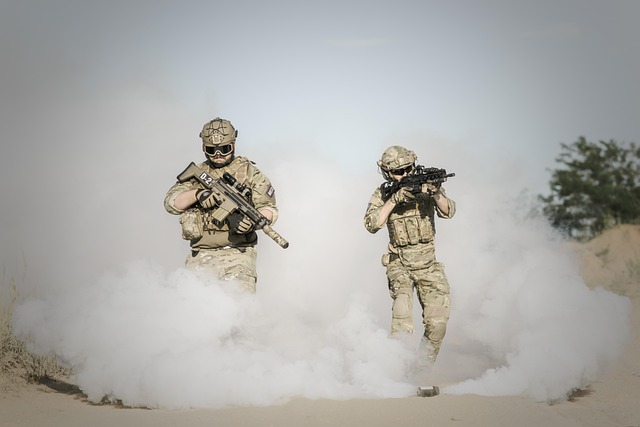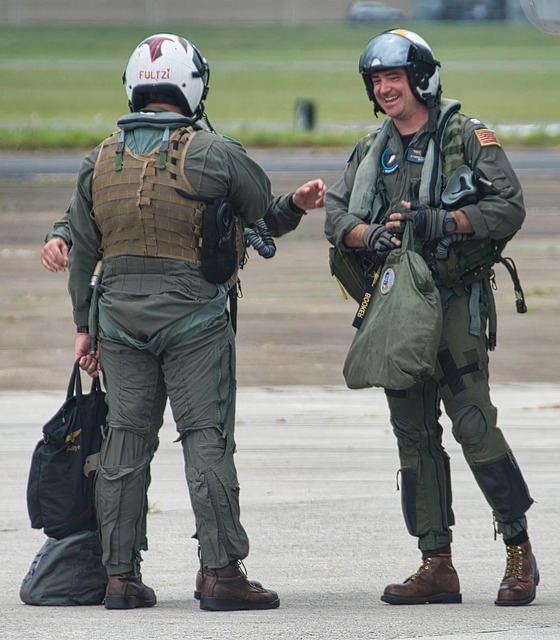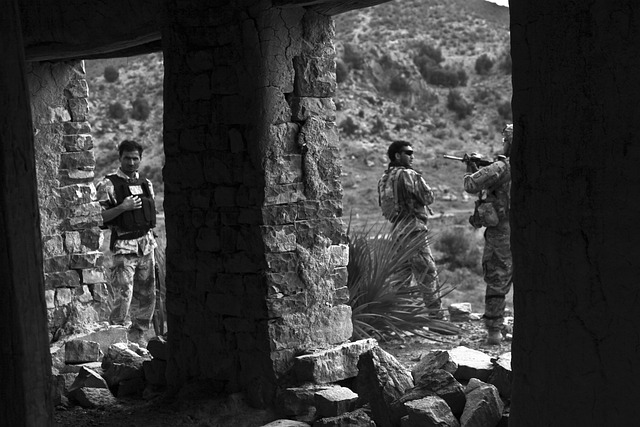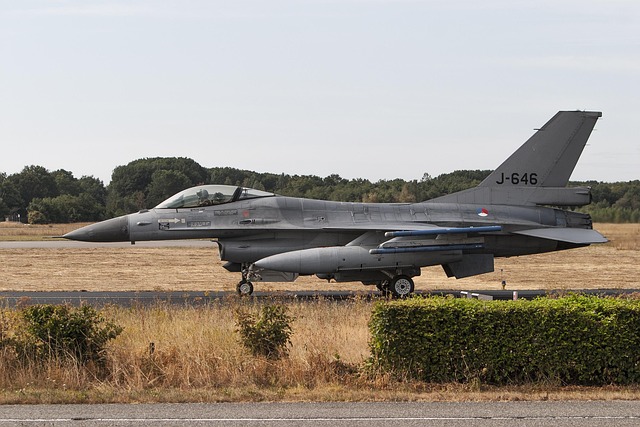US Army Special Forces (Green Berets) face unique medical challenges in remote environments, requiring advanced tactical medicine training. Their skills include trauma care, resuscitation, and mental preparedness for high-stress situations. This specialized training enables them to provide life-saving care, adapt strategies, and navigate rugged terrain, making Special Ops medics invaluable assets in critical missions and humanitarian relief efforts.
“The US Army Special Forces, known for their extreme operational demands, present a unique medical challenge. This article delves into the specialized tactical medicine training essential for these elite operators. We explore key components including skills tailored for extreme conditions, preparation for unpredictable battlefield situations, advanced resource-limited techniques, and real-world scenario simulations. Understanding the intricacies of Special Forces medical training offers valuable insights into the high-stakes world of saving lives in the most demanding environments.”
- US Army Special Forces: A Unique Medical Challenge
- Tactical Medicine Training: Essential Skills for Extreme Conditions
- Special Ops: Preparing for Unpredictable Battlefield Situations
- Advanced Techniques for Limited Resources
- Real-World Scenarios: Simulating High-Risk Environments
US Army Special Forces: A Unique Medical Challenge

The US Army Special Forces, also known as the Green Berets, present a unique medical challenge due to their specialized roles and operating environments. These soldiers are trained in military survival kit usage, tactical gear for soldiers, and combat medicine, often deploying to remote or hostile locations with limited access to conventional healthcare. Their missions require them to be self-sufficient, capable of providing life-saving care under extreme conditions.
The history of the US Army Special Forces dates back to their origin as an experimental unit during World War II. Over time, they have evolved into a formidable force, renowned for their versatility and expertise in various fields, including medicine. The demands of their operations necessitate advanced training in tactical medicine, ensuring they can handle trauma, infectious diseases, and other medical emergencies with the same skill and efficiency they employ in combat tactics and surveillance.
Tactical Medicine Training: Essential Skills for Extreme Conditions

Tactical Medicine Training is an indispensable component for military personnel, especially those within the US Army Special Forces, preparing them to face extreme conditions on the battlefield. In scenarios of asymmetrical warfare strategies, where conventional medical support may be limited or non-existent, these specialized skills can mean the difference between life and death. The training covers a wide range of topics, from immediate trauma care to advanced resuscitation techniques, ensuring soldiers are equipped to handle injuries beyond the scope of standard first aid.
This rigorous program not only focuses on physical resilience but also mental preparedness, crucial for managing high-stress situations. Effective tactical medicine involves quick decision-making and innovative use of available resources—a far cry from the controlled environment of a hospital. The US Army Special Ops often find themselves in remote or hostile environments, where efficient supply chain management becomes an art. They learn to optimize limited medical assets, improvise solutions, and adapt their care strategies based on unique challenges encountered during missions.
Special Ops: Preparing for Unpredictable Battlefield Situations

Special Operations forces, such as the US Army Special Forces, face unique challenges on the battlefield. Their missions often require rapid deployment into unpredictable environments where they must adapt to evolving situations with limited resources. This is where specialized training in tactical medicine becomes invaluable. The ability to provide advanced first aid and field surgery techniques can mean the difference between life and death for a fellow soldier.
The rugged terrain, extreme conditions, and dynamic threats encountered by Special Ops require them to be adept at using a variety of weapons for special ops while also mastering essential field surgery techniques. They must be prepared to treat traumatic injuries, perform emergency surgeries, and stabilize patients for evacuation, all under intense pressure. Online resources like Ultimate Flags similar online stores offer critical training tools and equipment to help these forces stay ready for any scenario.
Advanced Techniques for Limited Resources

The US Army Special Forces, renowned for their versatility and adaptability in harsh environments, emphasize practical, hands-on training to prepare them for the most challenging tactical medicine scenarios. When resources are limited, these elite operators leverage advanced techniques to maximize efficiency and effectiveness. They employ innovative solutions, such as improvising medical equipment from available materials and utilizing unconventional treatments, honed during rigorous underground military facilities simulations that mimic real-world combat conditions.
This tough military training instills a robust command structure and hierarchy of special ops, where every member understands their role in providing life-saving care under pressure. By mastering these advanced techniques, Special Forces medics ensure they can deliver prompt and decisive medical aid, even when facing significant obstacles, making them invaluable assets during high-risk missions and humanitarian relief efforts alike.
Real-World Scenarios: Simulating High-Risk Environments

In order to prepare medics for the most demanding situations, SF Tactical Medicine Training takes real-world scenarios to a new level. Participants are immersed in simulations that mimic high-risk environments, including remote combat zones and top secret installations special operations intelligence hubs. These scenarios not only test their medical skills but also their ability to think under intense pressure and adapt to unpredictable circumstances.
The training emphasizes the hierarchy of special ops, ensuring medics understand their role within the complex chain of command. By practicing in these realistic settings, they gain invaluable experience that goes beyond what can be learned from textbooks or online shopping sites like Ultimate Flags. Each exercise is meticulously designed to challenge not just technical proficiency but also mental resilience, fostering a true game changer in tactical medicine expertise.
The rigorous SF tactical medicine training prepares US Army Special Forces members to face extreme medical challenges in unpredictable battlefield situations. By mastering essential skills, advanced techniques for limited resources, and simulating real-world scenarios, these operators are equipped to provide life-saving care under intense conditions. Their expertise is a testament to the power of tactical medicine in enhancing survival rates and mission success within the unique demands of special ops.
